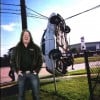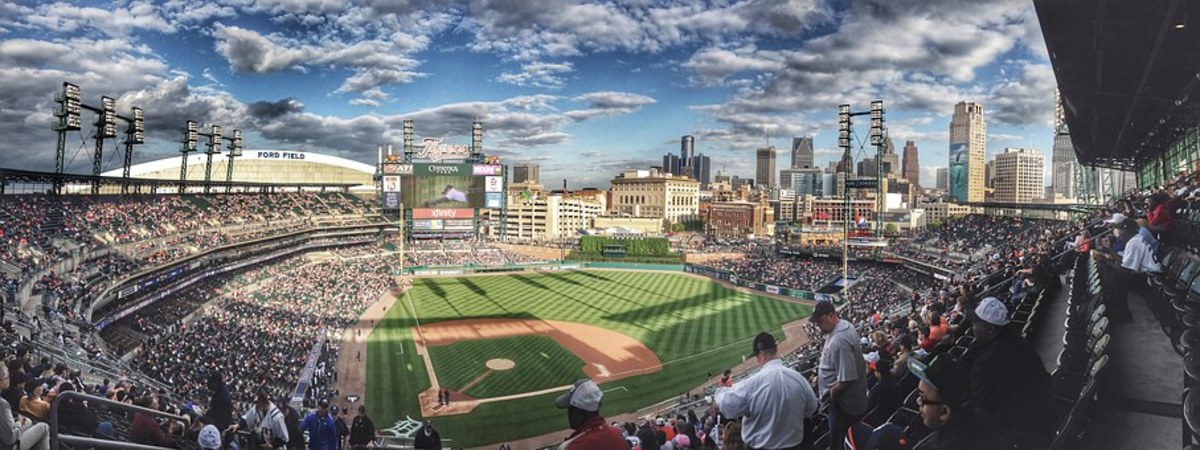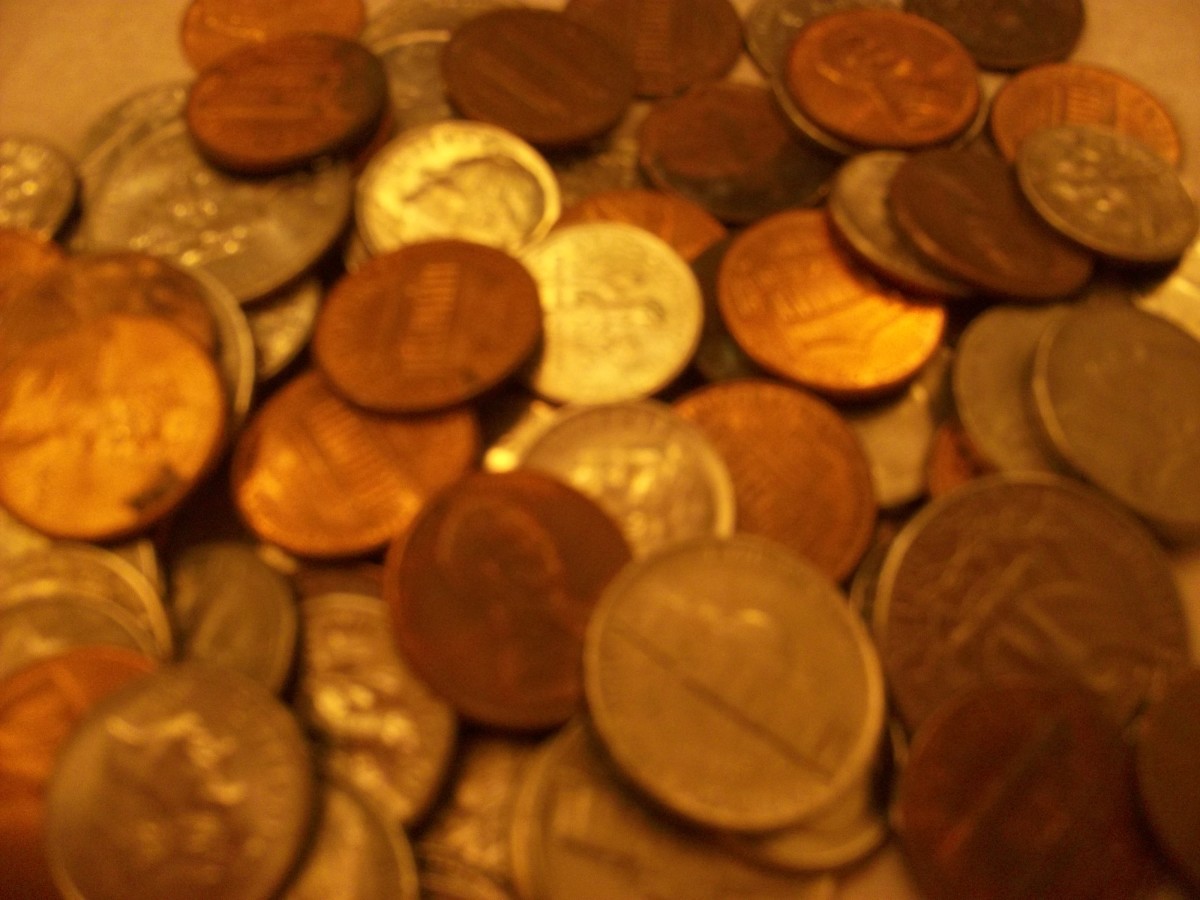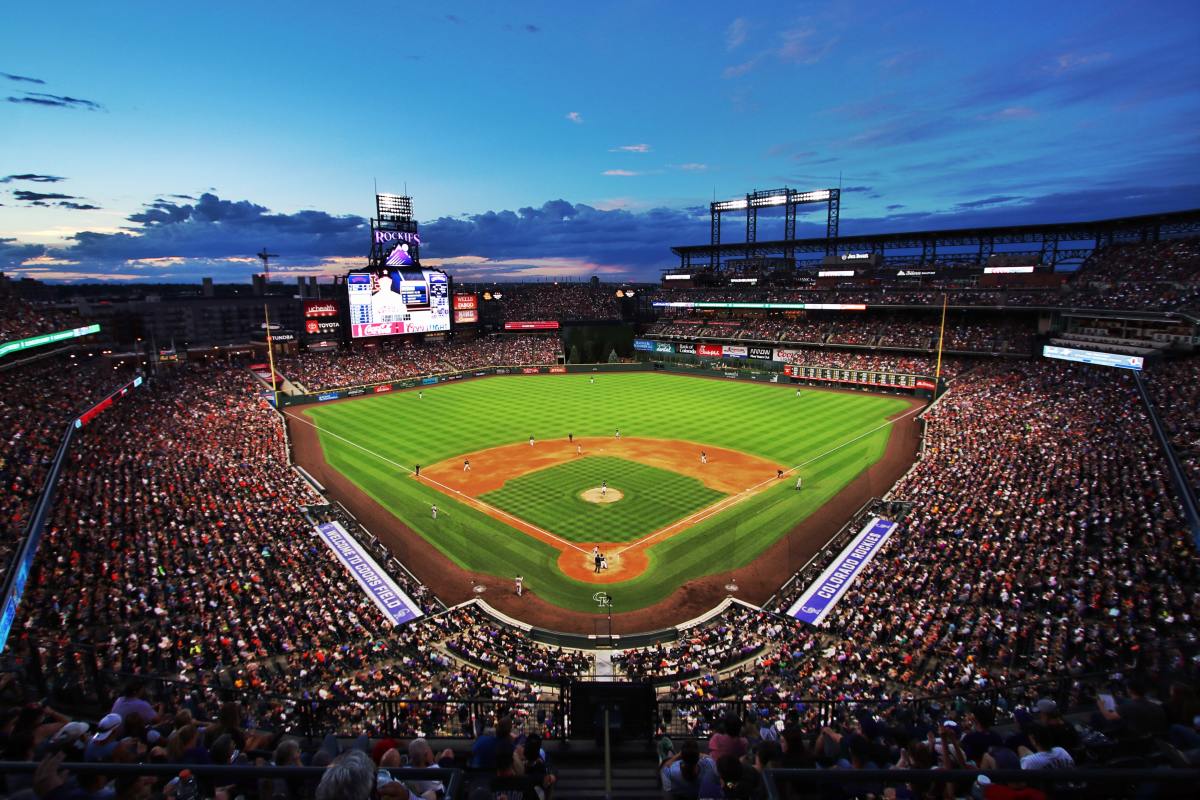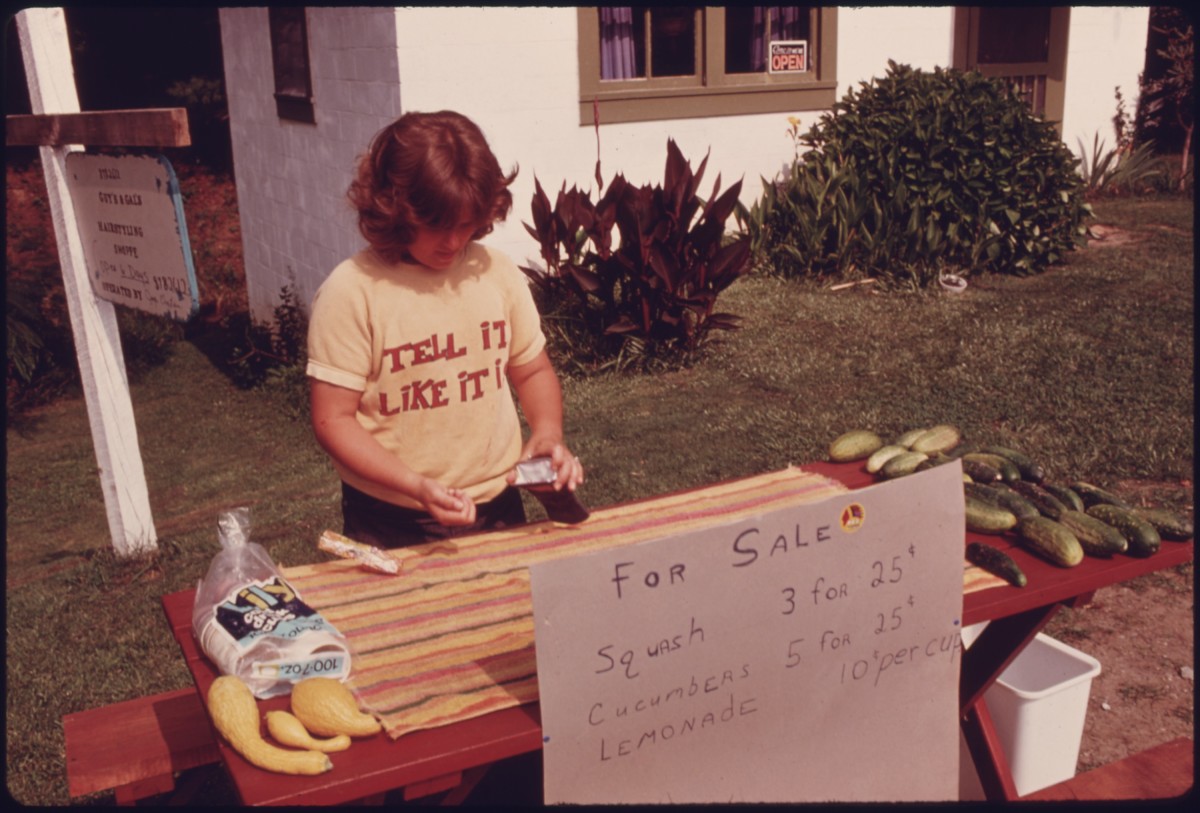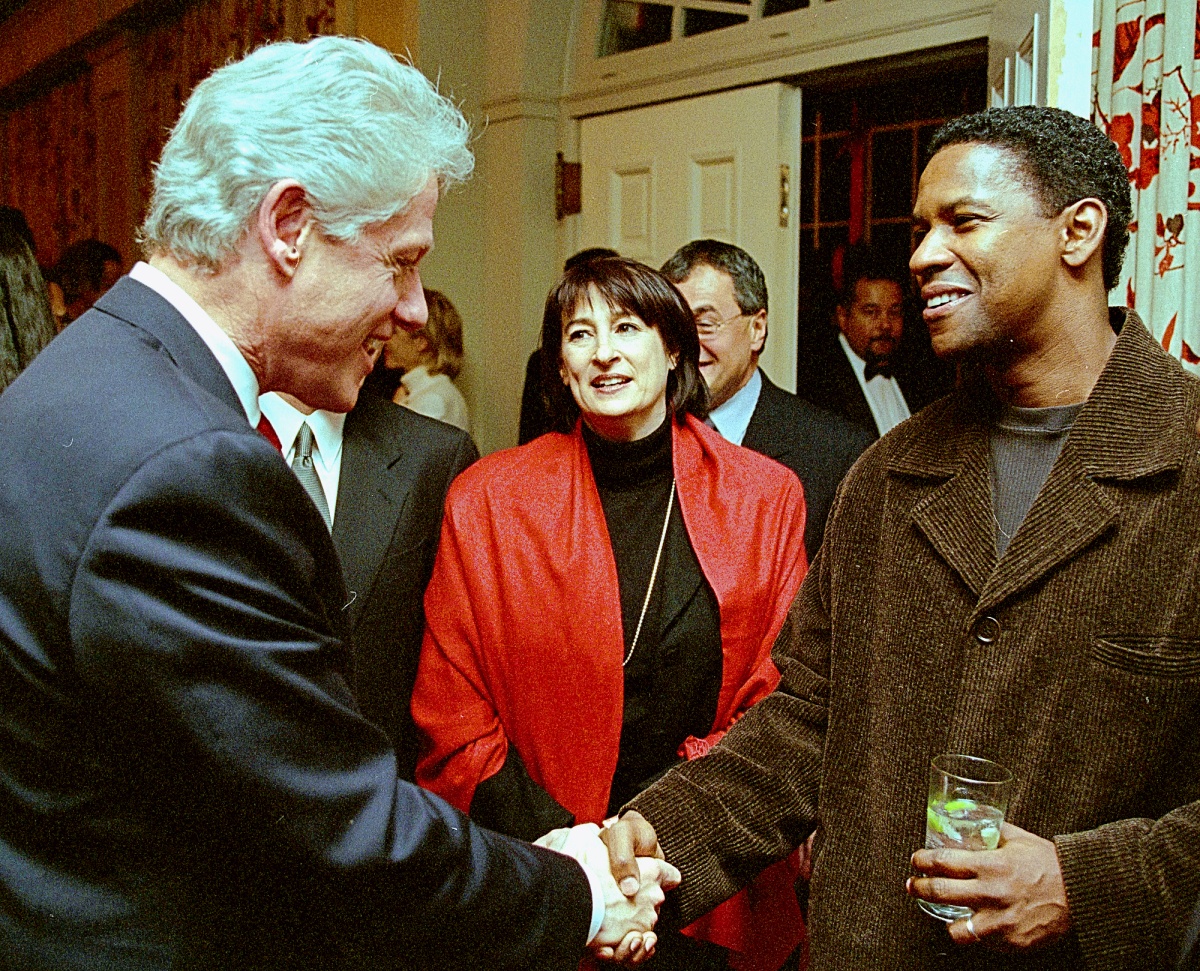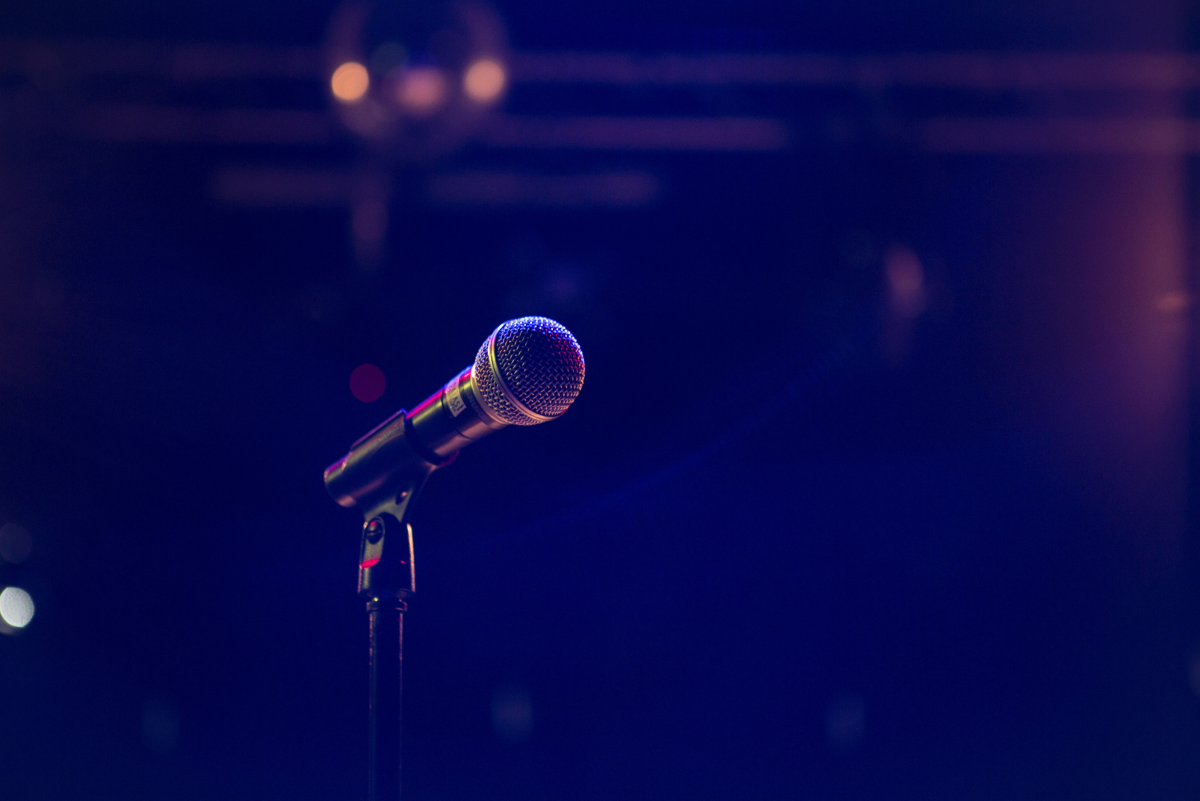A Winter Day at the Ballpark
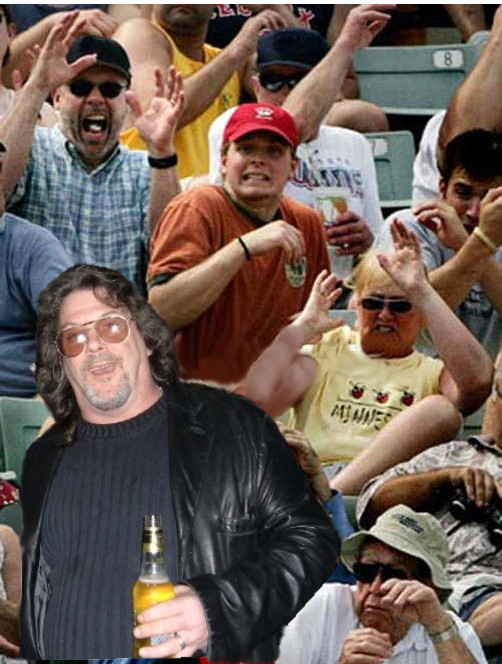
When one thinks of Wrigleyville, one envisions crowded bars, rowdy baseball fans, and the aging shrine that is Wrigley field. From April through October the seasonal stench of stale beer and bratwurst permeates the foyers of old brownstones and newer luxury condominiums. The bars and restaurants open early and close late on game days to accommodate the 40,000-plus welcome patrons to the community's economy.
The souvenir and specialty shops vie for the baseball fans' attentions with come-ons and gimmicks aimed at making their business seem the essential Cubs headquarters for their particular product. This is peak season if they don't make their money now, in the winter they will die. In the winter, the streets are empty. The shops and restaurants cut staff, and hope to survive. The bars bring a little life back on weekends with a big name concert, or nightly special, but try as they may 40,000 people are hard to replace. So what happens to this community from November through March? What are the people like in the shops and residents? What happens when Wrigleyville becomes just another neighborhood?
I thought I would stop in at a few of the local bars and find out what a usual day in the off-season is like. I found that sitting in a bar sipping on iced tea and asking questions was not the right approach. Jimmy, a short stockybartender at the Cubby Bear, was a bit helpful after I backed up the guy sitting next to me with a shot of J.D. “George owns this building ( in reference to George Loukis, the owner of the bar) so he doesn't worry about rent.” It seems the rising property values in the area are reflected in the rents of most of the businesses. “Other places around here come and go, but we've been here so long, and have such an established name, it's really not a problem for us.” He of course was referring to the year round business they enjoy. He picked up the bills on the bar and wiped clean the counter beneath before replacing them, and I took the hint and and left a three dollar tip for the information I received. Bar people don't trust non-drinkers, but I knew that. It was still a cool feeling paying for information. I felt like a private dick, or something like that.
I went down the street to the Salt and Pepper Diner for a bite to eat. I expected the decor of the place to match the name. Black and white tile all around trying to take on that retro look, I was wrong As I sat at the counter the older gentleman sitting next to me started up a conversation. I ordered a burger while Julie, the young waitress, asked “more coffee Ed?” as she poured the old mans cup half full of decaf. Ed was an average sized man with piercing blue eyes, which reflected the wisdom of age. His full head of silver hair gave the impression of a much younger man. “She’s trying to get me drunk,” said Ed, as he reached for the sugar. “I wish she would, the food would probably taste better.” I saw my opportunity and asked him if he'd mind answering a few questions. He was more than accommodating.
He answered many of the questions I had about the area. I found he was resident of forty- plus years, “When I moved here in 1964, it wasn't like this at all.” He had told me earlier he was 31 when he bought a two flat on Newport Ave for $35,000. “I used to go to Chester’s and get the one dollar breakfast special; with meat!” I asked him if the baseball season had any effect on businesses back then. He told me, “back in the sixty's the Bears played here, the winter wasn't as long, and when a game was over people went home. Now days it's like some kind of carnival.” He didn't seem to like what the neighborhood had turned into, but liked it worse when I brought up money. “These damn real estate people don't leave me alone, they tell me I could be a rich man; I'm already a rich man, I got property.” He flashed me a smile and let me know he had a price, but was holding out for better offers. “They think because I'm eighty years old my brain's turned to mush.” He started laughing to himself. “I let them talk to my son, he's a lawyer.” I finished my sandwich and asked Ed if I could buy him another cup of coffee. He refused but thanked me, and I felt compelled to ask just one more question. I said “Ed, what was it that brought you here to begin with, was it the Cubs and Bears being so close?” He laughed, and said “Boy!”smiling at me, “ you should know better than that, it wasn't the Cubs; it was the girls.”
I walked down Addison Ave after that, across the street from the ballpark I came upon a Starbucks. I hate Starbucks! I think Starbuck would hate Starbucks. Was he not the only member of the Pequods' crew with an ounce of common sense? Paying five dollars for a cup of coffee is not of a common sense; one would have to be an idiot to do so! So I paid the man for my Mocha Grande and sat down looking out at that giant dog of which all of these fleas feed off of… Wrigley Field. Even less common sense there, ninety three years of baseball and the only statue they have erected in memoriam is dedicated to an announcer. One would think that honor would be reserved for former players, go figure. OW!!(Sorry, the coffee was too hot). I knew if I waited, I would meet somebody to answer a few more questions for me. Sure enough, I met David. David was a young man I'd say was in his early thirties. He had dark hair; with a bit of a receding hairline towards the spot upon ones forehead one would place their palms in a gesture of worry. He was muscular, but of an oddly defined proportion that put to mind what Kieth Richards of the Rolling Stones might look like had he accidentally injected steroids.“I wish they'dtear that place down already!” he said startling me. I hadn't asked him his wish, I hadn't asked him anything, but I think he mistook my biting my burnt lip for a snarl of disgust as I stared out the window. He went on, “In a couple of weeks: the damn crowds, the noise, the traffic.” I still had yet to ask him a question. “Now they want concerts there!” he exclaimed. He informed me of how he had purchased a condominium here for $500.000; he hates baseball, and doesn't go to bars. All of the sudden five-dollar coffee, and statues for announcers was making sense to me. This neighborhood is full of lunatics. I had to ask him then, why did you move here? He said, (and I kid you not) “the location.”
I've had enough. I got a few questions answered, I met a few people, and best of all I got to see my old friend Wrigley Field. I walked east on Addison to the train and wondered what this area was like ninety-three years ago. It dawned on me, when they built this place it cost around $500.000. Now that’s what it cost for an apartment. I got on the train and took a last look at the old ballpark. It really does make the neighborhood, in more ways than one. Ninety-three years ago this all was residents, a few businesses and dirt. Now it's one of the most recognized neighborhoods in the Country. Ninety-three years ago the Cubs where looking to go to the World Series, they still are. The Cubs haven't won a World Series in ninety nine years, but if they ever do win one, this little part of America will be the happiest place on Earth, except of course, for Dave.
